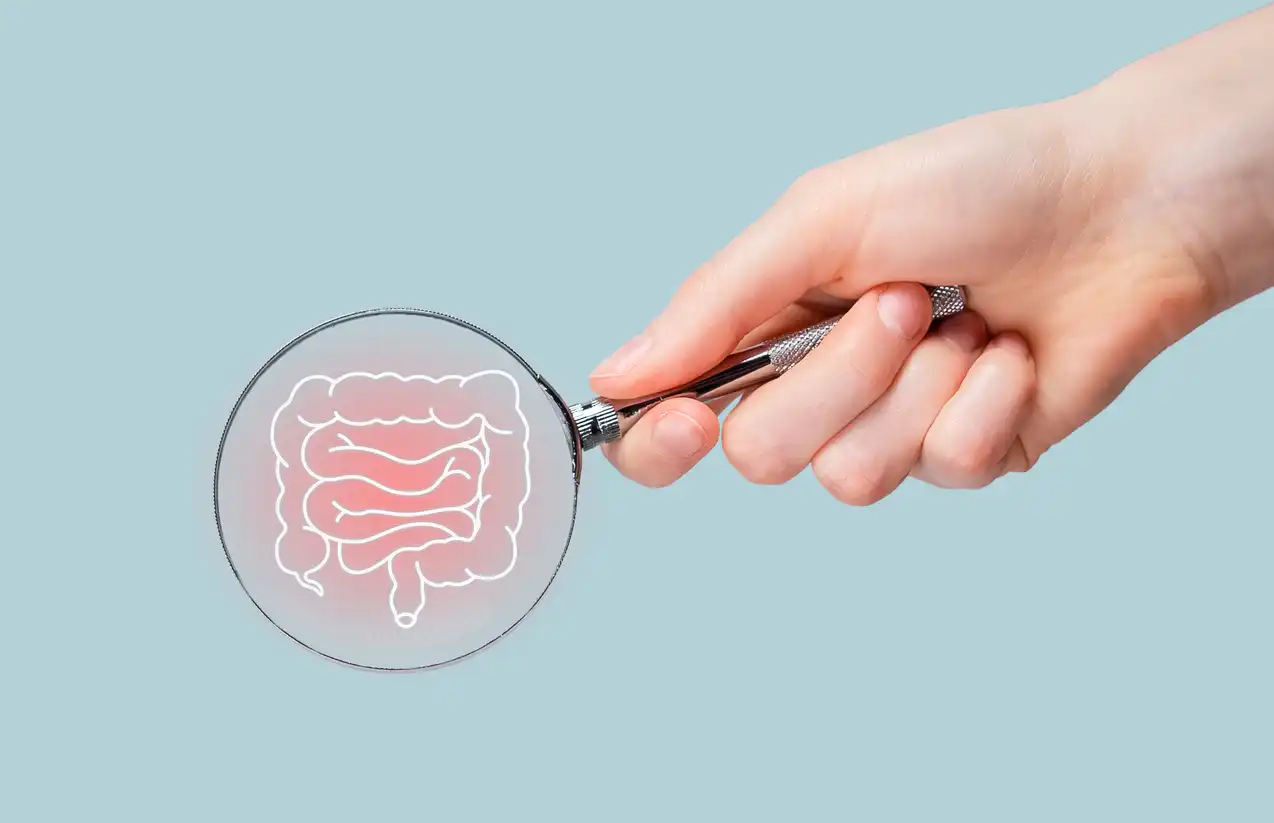Early detection of colon cancer, therefore, is important if you suspect that you have it, to enhance the possibility for curative treatment. Not all colon cancers will have symptoms early in the disease, but there are some signs to watch out for, which makes it all the more important to know what these signs are to seek early medical attention.
Early Signs of Colon Cancer
The indications and manifestations of colon cancer closely resemble those of various other conditions, including irritable bowel disease. Initially, colon cancer may not make its presence known with a clear set of signs or symptoms. But when cancerous cells really take hold and start to spread, watch out for these surefire signals. For some individuals, the first thing to notice is a change in bowel habits. This could mean doing the opposite of what one was formerly doing or doing what one was formerly doing but with less comfort or more fuss.
Abdominal Discomfort
Other early symptoms include cramping, bloating, or a continual feeling of fullness in the abdominal area. If symptoms persist and do not get better then it may indicate some problem with the colon that may require attention.
Unexplained Weight Loss
Unaccounted weight loss is another symptom of colon cancer. This will be more concerning if you have not changed your diet or exercise yet are still losing weight. Changes in the form of nutrient absorption may lead to weight loss, which is a result of colon cancer. This symptom usually comes hand in hand with general fatigue or weakness.
Weight loss, primarily if associated with other symptoms such as abdominal pain or alteration of bowel habits, is a severe symptom that one always needs to consult a gi doctor for.
Fatigue or Weakness
Colon cancer often presents with symptoms of weakness and fatigue. The body is directing its energy toward combating the cancer, which does not allow it to have any reserve for regular activities. You might indeed rebound, but don’t count on that as a way to feel healthy again.
Rectal Bleeding or Blood in Stool
One of the most explicit symptoms of colon cancer is blood in the may stool. It be bright blood red or it may be dark, depending on where in the colon the bleeding is occurring. Another sign that could point to the same problem is rectal bleeding. However, if it persists, you need to go see a healthcare provider.
Consult with your gi doctor near me without delay if you feel bleeding from the rectum or blood in the stool. Bleeding is ongoing, or cannot be accounted for.
Feeling That the Bowel is Not Completely Empty
Feeling like the bowel is never empty could be one of the symptoms in which one needs to consider colon cancer. This happens when, immediately after going to the toilet, you feel that your bowel has something it needs to pass out.
This totally occurs emptied, when and you cancer have forms the a urge tumor to in go the again colon often even presses when on there other is tissues, barely anything blocking the normal passage of contents through the bowel. If this persists and does not improve, you should consult a gi doctor.
Abdominal Pain or Cramping
Abdominal pain or cramping that doesn’t stop could be colon cancer symptoms. Initially, the discomfort may be intermittent, but it may become steadily more common and concentrated as the malignancy grows.
The other common grievances are gas and bloating. If you experience any of these symptoms and they seem novel or odd to you, you ought to make an appointment with your physician.
Feeling Full or Bloating after Little Food Intake
Experiencing fullness or bloating after ingesting only minimal amounts of food? This could potentially be a sign of colon cancer. In this scenario, a tumor is present in the colon and is meddling with the business of digestion. It’s also possible that, as the tumor grows, one could feel even more uncomfortable postprandially. This could lead to sensations of fullness or bloating that are, in effect, a growing incidence of badness associated with the amount of bad food lodged in one’s colon.
This symptom resembles indigestion or some other gastrointestinal problem. However, a health professional should examine it further if the symptom doesn’t go away.
Changes in Bowel Movements
One of the earliest signs of colon cancer may show up in your bowel habits, which might manifest as diarrhea or constipation. These conditions seem determined to persist, no matter what you do, and are likely to spur you on to seek the other signs of this disease listed below.

Do Risk Factors Exist for Colon Cancer?
Being related to someone who has had either colon cancer or other cancers clearly ups our risk. Most of us are also aware of the well-established “lifestyle determinants” that are quite likely to give you cancer if you do them or to leave you with a great chance of getting it if you don’t avoid them. Sitting is one of those things. Eating red or processed meat is another.
Are there Ways to Prevent Colon Cancer?
One is having a diet that’s high in fiber. Another is regular exercise. And then there’s just being in overall good shape, which brings us to the third colorectal cancer protective measure: good body shape. Smoking and drinking too much are two other risk factors for colon cancer that are avoidable. Avoiding them may add years to your life.
Finding colon cancer early is essential because, if it progresses, it can cause serious problems. The best way to find it early is to get screened. Most people think that only those over a certain age get screened, but that’s not the case! You should be screened at any age.

Is it Time to Seek Medical Help?
Any of the above symptoms that apply to you make it vital for you to see a doctor right away. You’re in a situation where early detection doesn’t just help but significantly raises the odds that you’ll come through with a happy ending. And to be very clear, not every one of those applies to you means you’re looking at a cancer diagnosis, but they do strongly signal that something’s very wrong in your body and needs to be looked at stat.
A healthcare professional can examine your symptoms and also perform appropriate tests to determine if further investigation is justified. If colon cancer is present, making the diagnosis early gives you a much better chance of effective treatment and cure.
Conclusion
If you show any signs of colon cancer, you need to see a doctor. Early detection of colon cancer means a high probability of the disease being cured. If strange alterations are happening in your body, you must visit your physician.


